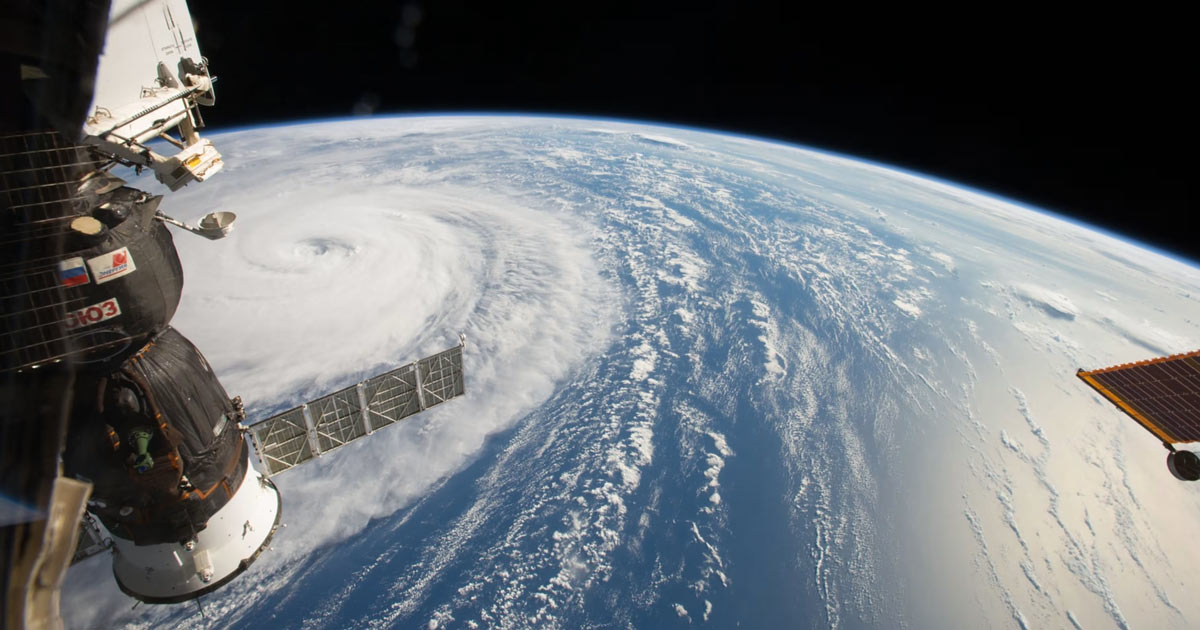In a development that has raised serious concerns among scientists, Earth is set to experience one of its shortest days in recorded history.
On Tuesday, the planet’s rotation is expected to speed up, shortening the day by 1.25 milliseconds.
The issue is caused by the moon’s gravitational pull.
While the shift may seem insignificant to the human eye, experts warn that unchecked acceleration in Earth’s spin could lead to catastrophic consequences for the planet and humanity.
Although the change may not be perceptible in the short term, experts are alarmed by the long-term effects that an accelerating Earth’s rotation could have.
One of the primary concerns is the centrifugal force created as the planet spins faster, which would push ocean water away from the poles and toward the equator.
This redistribution of water could raise sea levels in equatorial regions, flooding low-lying coastal cities and causing immense destruction.
In more extreme cases, scientists warn that if Earth’s rotation accelerates by 100 miles per hour, vast swathes of land near the equator could be submerged under rising ocean levels.
As polar seas surge southward, entire regions could face an existential threat from flooding.
The consequences of a faster-spinning Earth extend far beyond rising sea levels.
Experts warn that a planet with a faster spin would wreak havoc on human biology.
As Earth’s rotation accelerates, the length of a solar day could decrease, potentially dropping to just 22 hours.
This shift would throw off our circadian rhythms, forcing everyone’s internal clocks to adjust two hours earlier each day without time to adapt.
Such a permanent change to our daily cycles could be devastating to health, as studies have shown that even small changes, like the annual daylight saving time switch, can lead to spikes in heart attacks, strokes, and traffic accidents.
A dramatic and ongoing shift in Earth’s rotation would compound these risks, creating serious challenges for human health.
NASA astronomer Dr. Sten Odenwald further warned that a faster-spinning Earth could trigger even more extreme weather patterns.
The Coriolis effect, which drives storm rotation, would become more intense, resulting in hurricanes and storms that spin faster and carry more energy.
This would mean stronger, more destructive weather events, making natural disasters even more deadly and unpredictable.
Scientists track these changes in Earth’s rotation using atomic clocks, which measure time based on the oscillations of atoms in a vacuum chamber.
This precise measurement forms the foundation of Coordinated Universal Time (UTC), the global standard for timekeeping.
Over the years, these atomic clocks have detected a growing number of “short days,” where the planet’s rotation is faster than usual.
For example, in July 2020, Earth was 1.47 milliseconds shorter than average, and on June 30, 2022, the planet was 1.59 milliseconds shorter.
The most extreme instance occurred on July 5, 2024, when Earth completed its rotation 1.66 milliseconds faster than the usual 24 hours.
Astrophysicist Graham Jones of the University of London has studied these changes and noted that Earth’s rotation could speed up significantly on specific dates, including July 9, July 22, and August 5.
While Jones doesn’t yet know the exact cause of the acceleration, he and other researchers are looking at several factors, including shifting molten layers in the Earth’s core, ocean currents, and large-scale weather patterns like El Niño.
The reasons for this unexpected acceleration remain unclear, though scientists believe natural forces like ocean currents, melting glaciers, and movements in Earth’s molten core may be contributing to the planet’s spin changes.
These forces influence Earth’s rotation, even as the planet’s axial tilt and orbit remain stable.
For now, the acceleration remains a source of intrigue and concern.
While 1.25 milliseconds may seem insignificant on the surface, scientists are urging global leaders to consider the long-term implications of these seemingly minor shifts.
As Earth’s spin speeds up, the potential for rising sea levels, extreme weather, and disruptions to human life and health could push us into an unprecedented era of crisis.
While Earth’s increased rotation is not yet an existential threat, experts argue that it could set the stage for a series of catastrophic events if left unchecked.
Governments, especially those in coastal regions, must take the warning signs seriously and start preparing for the potential effects of these natural shifts.
While we can’t control the planet’s spin, how we respond to the accelerating effects of global warming, rising seas, and extreme weather may very well determine our survival on a rapidly changing planet.

Our comment section is restricted to members of the Slay News community only.
To join, create a free account HERE.
If you are already a member, log in HERE.